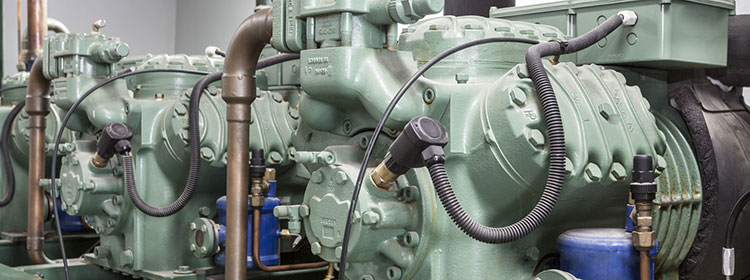Additives in lubricants – Function, application, and monitoring for optimal performance
Modern lubricants meet the high demands of powerful machines and systems only through the targeted use of additives in combination with high-quality base fluids. The selection and dosage of additives must be precisely tailored to the specific application and base fluid to ensure optimal lubrication and protection functions. Side effects and interactions between different additive components must be considered, as well as the compatibility when mixing different lubricants or hydraulic oils.
This seminar provides you with in-depth knowledge about the most important types of additives, their modes of action, and areas of application. By using practical examples, you will also learn suitable analytical methods that can reliably monitor and interpret the condition and content of the additives.

- Basic understanding of the significance and functioning of additives in lubricants
- Getting to know the most important types of additives, their functions and areas of application
- Understanding possible interactions between additives and base fluids
- Use of additives to prevent unwanted side effects
- Overview of methods for monitoring additive content and condition
- Consideration of miscibility and compatibility in practical issues

- Operating materials managers, quality officers and other technical service personnel from component, machine and plant manufacturers
- Sales engineers and sales staff from lubricant manufacturers and their sales partners
- Technical purchasers for lubricants and operating fluids
- Appraisors and surveyors for damage analysis and machine malfunction
- Specialists from laboratories specialising in lubricant analysis
- Employees from tribology and lubrication technology
- Users of lubricants and additives







